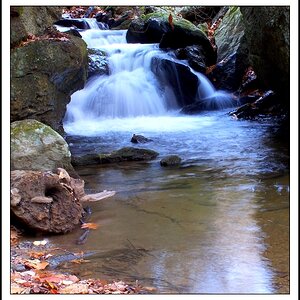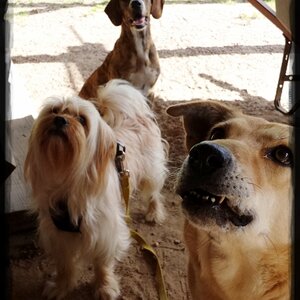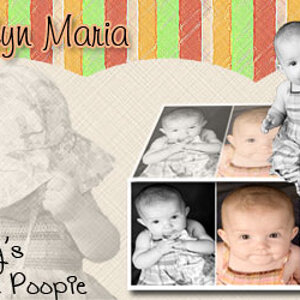ksmattfish
Now 100% DC - not as cool as I once was, but still
- Joined
- Aug 25, 2003
- Messages
- 7,019
- Reaction score
- 36
- Location
- Lawrence, KS
- Website
- www.henrypeach.com
- Can others edit my Photos
- Photos NOT OK to edit
Photography is not rocket science. There is a huge difference between using light sensitive materials to create an image and going to the moon.
A very good photographer should be able to create a good photograph using nothing but a box with a hole in it, paper, and basic chemicals.
I know of lot's of photogs with Nikon F5s, and I wouldn't doubt there is rocket science and super computers built into a Nikon F5, but the photogs still don't make very good images (IMHO).
A camera cannot take a photo sitting in a box on the store shelf. It needs a person. Just because that person has a good camera doesn't mean they can take a good photo. The combination of the right mind and tools is what makes it all come together. Without one, the other is lost.
A very good photographer should be able to create a good photograph using nothing but a box with a hole in it, paper, and basic chemicals.
I know of lot's of photogs with Nikon F5s, and I wouldn't doubt there is rocket science and super computers built into a Nikon F5, but the photogs still don't make very good images (IMHO).
A camera cannot take a photo sitting in a box on the store shelf. It needs a person. Just because that person has a good camera doesn't mean they can take a good photo. The combination of the right mind and tools is what makes it all come together. Without one, the other is lost.




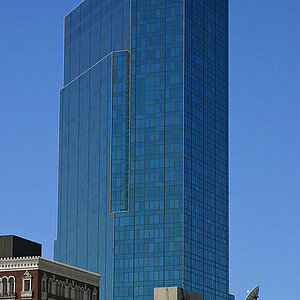
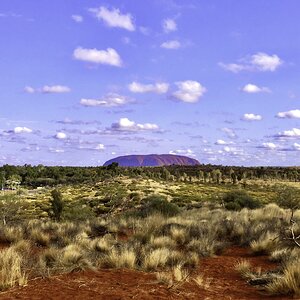
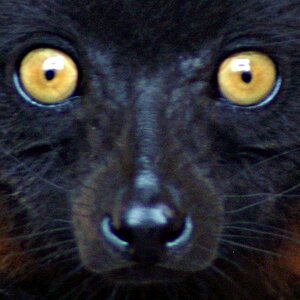
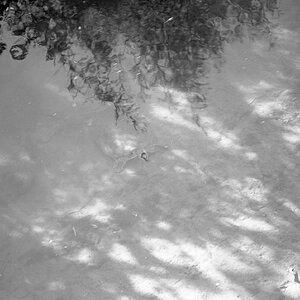
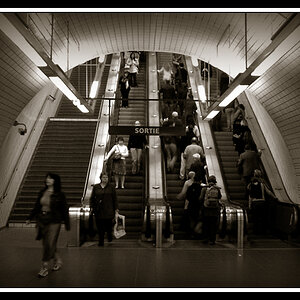

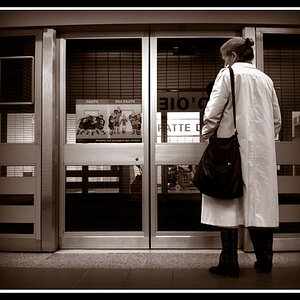
![[No title]](/data/xfmg/thumbnail/41/41889-81d59d4994c91e71aaf805b05b133966.jpg?1619739933)
